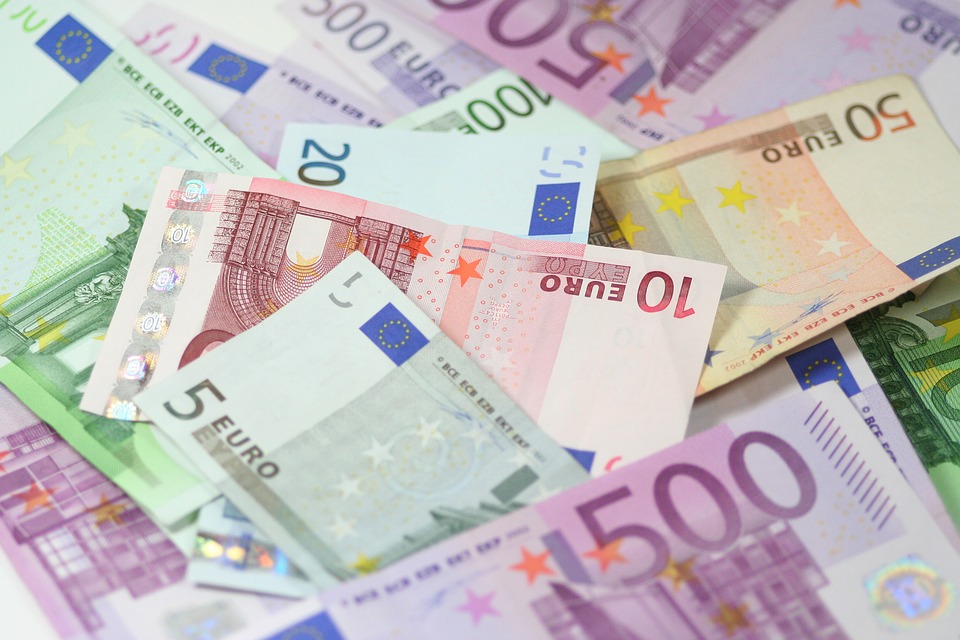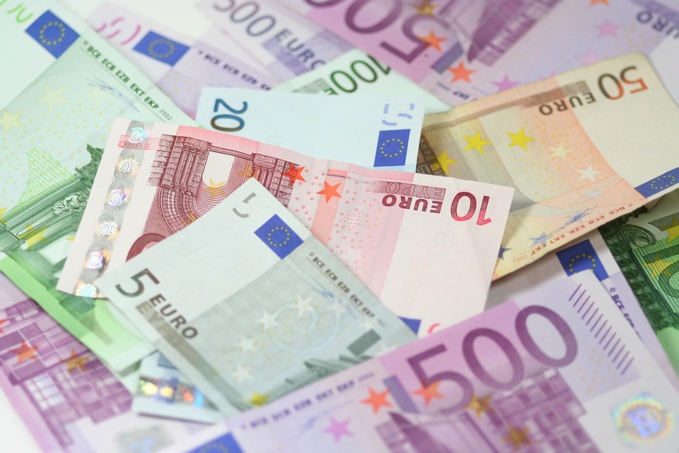Recently, European stock indices showed low results, while emerging market currencies fell against the backdrop of tightening dollar liquidity. The region with its open economy and high level of debt is more vulnerable to weakening of developing countries and can become a channel through which the chain reaction will reach the shores of the US. It happened with Japan after the Asian financial crisis in the late 1990s, a strategist Tommy Ricketts told Bloomberg.
"If the EM currency crisis becomes global and affects all asset groups, we think that the stress will come from Europe, as it was with Japan in 1998, before finally reaching the shores of the US," he wrote in an e-mail.
According to Ricketts, the risk is that instability in emerging markets will lead to expansion of credit spreads of European companies artificially suppressed by quantitative easing, which will affect credit markets and US stocks.
The other risk is that the euro will grow as European investors convert their currencies to emerging markets and expect more stringent liquidity conditions in Europe, Ricketts added. This will put pressure on the financial results of the companies in the region. On Thursday, the European Central Bank is expected to confirm its plans to begin cutting bond purchases in October, before raising rates in the fall of 2019.
"The weak euro, the positive global economic background (especially exports) and narrow spreads are the best cocktail for European stocks to outperform," Ricketts said. "Obviously, the risks are now reversing."
Sale in emerging markets this year was so long that it surprised even the most ardent "bears". None of the seven largest crashes since the financial crisis-2008, including panic in the markets due to the curtailment of the Federal Reserve's quantitative easing program in 2013, did not bring such long hardship to developing countries.
The scale of the decline, expressed in the number of days from peak to peak, forces some strategists to argue that the current collapse is more than a reflex response to an increase in interest rates in the United States or an explosive "trade war". For investors in the assets of developing countries, it has become a comprehensive crisis of confidence.
Emerging markets have already experienced this. From 2013 to 2015 they lagged behind developed countries, since a series of upheavals, including the Fed's plan to curtail incentives and slow economic growth in China, limited the possibility of a rebound.
This time, the difference is the lack of even temporary stability. For the attention of investors, the dollar and all other instruments denominated in US currency compete. This allows understanding why market participants simultaneously discard such protective assets as gold, and riskier assets of developing countries.
source: bloomberg.com
"If the EM currency crisis becomes global and affects all asset groups, we think that the stress will come from Europe, as it was with Japan in 1998, before finally reaching the shores of the US," he wrote in an e-mail.
According to Ricketts, the risk is that instability in emerging markets will lead to expansion of credit spreads of European companies artificially suppressed by quantitative easing, which will affect credit markets and US stocks.
The other risk is that the euro will grow as European investors convert their currencies to emerging markets and expect more stringent liquidity conditions in Europe, Ricketts added. This will put pressure on the financial results of the companies in the region. On Thursday, the European Central Bank is expected to confirm its plans to begin cutting bond purchases in October, before raising rates in the fall of 2019.
"The weak euro, the positive global economic background (especially exports) and narrow spreads are the best cocktail for European stocks to outperform," Ricketts said. "Obviously, the risks are now reversing."
Sale in emerging markets this year was so long that it surprised even the most ardent "bears". None of the seven largest crashes since the financial crisis-2008, including panic in the markets due to the curtailment of the Federal Reserve's quantitative easing program in 2013, did not bring such long hardship to developing countries.
The scale of the decline, expressed in the number of days from peak to peak, forces some strategists to argue that the current collapse is more than a reflex response to an increase in interest rates in the United States or an explosive "trade war". For investors in the assets of developing countries, it has become a comprehensive crisis of confidence.
Emerging markets have already experienced this. From 2013 to 2015 they lagged behind developed countries, since a series of upheavals, including the Fed's plan to curtail incentives and slow economic growth in China, limited the possibility of a rebound.
This time, the difference is the lack of even temporary stability. For the attention of investors, the dollar and all other instruments denominated in US currency compete. This allows understanding why market participants simultaneously discard such protective assets as gold, and riskier assets of developing countries.
source: bloomberg.com



















